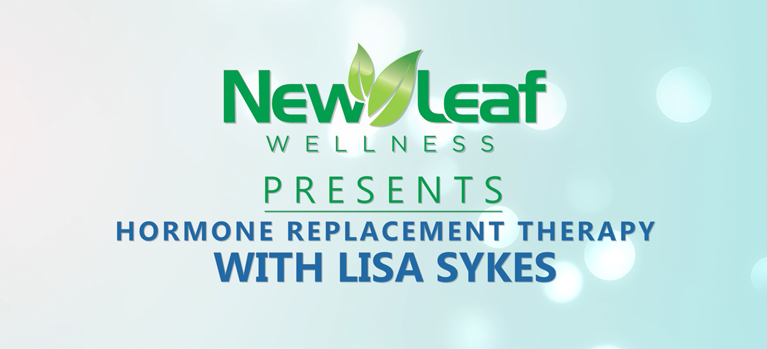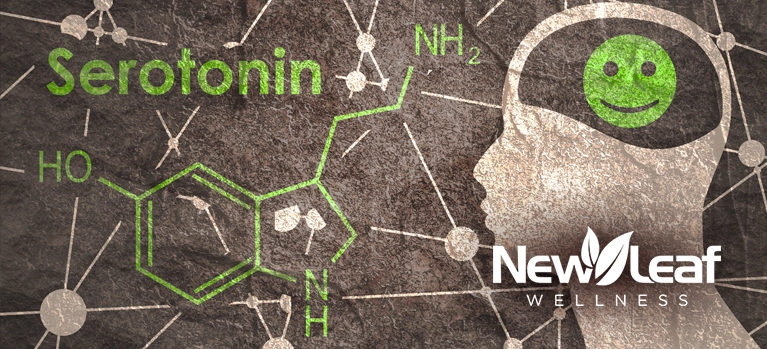Do you feel tired all the time? Older than your actual age? Lacking the energy to do the things you love?
Fatigue is a common issue, and it can stem from many causes—sleep apnea, heart conditions, anemia, infections, dehydration, poor nutrition, or lung problems. That’s why getting a thorough evaluation is crucial. But what if all your tests come back “normal” and you’re still exhausted?
Many people in this situation are prescribed antidepressants—sometimes necessary, but often not the real solution. If you’re between 35 and 55 years old, or even younger or older, a hormonal imbalance could be the true cause of your fatigue.
Hormones & Energy: What You Need to Know
While many associate low energy with thyroid issues, another major cause often gets overlooked—low Testosterone in both men and women.
✅ Men often aren’t treated until their Testosterone levels are dangerously low, and even then, they’re only offered synthetic replacements that don’t restore optimal levels.
✅ Women are rarely treated for low Testosterone at all, even though they need it—just at lower levels than men.
Why Ignoring Low Testosterone is Risky
Untreated low Testosterone can lead to:
❌ Persistent fatigue & brain fog
❌ Muscle loss & reduced vitality
❌ Increased risk of osteoporosis, dementia, and possibly heart disease
Get Your Energy Back at New Leaf Wellness in West Des Moines!
If you’re tired of feeling exhausted and haven’t found the help you need, New Leaf Wellness in West Des Moines is here for you! 🌿✨ Our expert team specializes in hormone therapy and will help you restore balance, energy, and overall well-being.


















